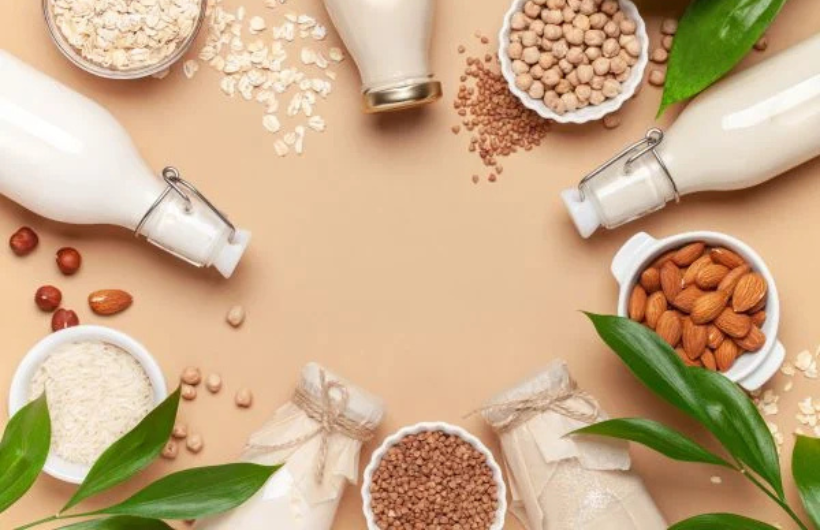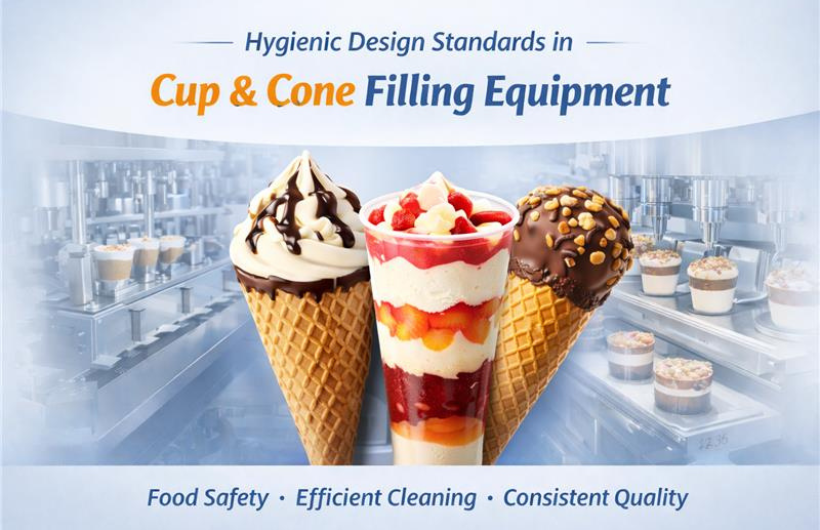24 September 2025
Is Vegan Dairy Manufacturing Just a Trend – or the Future?

The global dairy industry is evolving rapidly, and one of the biggest disruptors is vegan dairy. Plant-based alternatives to milk, yoghurt, butter, and cheese are no longer niche products; they’re mainstream. But is this rise in vegan dairy just a passing trend, or does it represent the future of dairy manufacturing?
The Rising Demand for Vegan Dairy
-
The global plant-based dairy market is projected to cross USD 60 billion by 2030, growing at a CAGR of over 10%.
-
Health-conscious consumers are seeking lactose-free, cholesterol-free, and allergen-friendly products.
-
Sustainability is another driver: vegan dairy has a 50–70% lower carbon footprint compared to animal-based dairy.
Clearly, consumer demand is not slowing down — making vegan dairy more than a passing fad.
Challenges in Vegan Dairy Manufacturing
Producing plant-based alternatives is not as straightforward as traditional dairy processing. Manufacturers face challenges such as:
-
Texture and Mouthfeel – Achieving creaminess in oat milk or soy yoghurt requires advanced homogenization.
-
Flavor Standardization – Plant proteins often carry a beany or bitter note that needs masking.
-
Stability – Without proper emulsification, vegan beverages separate during storage.
-
Shelf Life – Preserving safety and freshness without compromising clean-label expectations.
This is where technology-driven solutions come in — and where GOMA plays a critical role.
How GOMA Supports Vegan Dairy Processing
At GOMA, we engineer solutions that address the unique technical requirements of vegan dairy, ensuring both product quality and process efficiency.
1. Homogenizers
-
Pressure Range: 100–400 bar
-
Capacity: 1,000–20,000 LPH
-
Function: Breaks down fat globules in plant-based milks (almond, oat, soy) to achieve a smooth, creamy texture.
-
Benefit: Prevents phase separation, improves stability, and enhances mouthfeel.
2. Pasteurizers
-
Capacity: 500–20,000 LPH
-
Temperature Accuracy: ±0.1°C
-
Function: Thermal treatment to eliminate microbial risks while preserving nutrients and flavor.
-
Benefit: Ensures food safety and extends shelf life of vegan beverages and yoghurts.
3. CIP (Clean-in-Place) Systems
-
Automation: Semi to fully automated
-
Efficiency: >99% cleaning effectiveness
-
Function: Hygienic cleaning of pipelines, tanks, and equipment with minimal downtime.
-
Benefit: Maintains hygiene standards crucial for allergen-free vegan manufacturing.
4. Filling & Packaging Solutions
-
Capacity: 5,000–30,000 packs/hour
-
Formats: Bottles, cups, pouches, cartons
-
Benefit: Flexible solutions for different vegan products — from almond milk bottles to coconut yoghurt cups — with minimal wastage.
-
Construction: Hygienic, stainless steel
-
Function: Gentle product transfer without damaging sensitive emulsions.
-
Benefit: Retains product integrity during movement across process stages.
Why Vegan Dairy Isn’t Just a Trend
While traditional dairy continues to dominate, the growth rate of plant-based dairy is outpacing animal-based dairy worldwide. With rising consumer awareness of health, ethics, and sustainability, vegan dairy is not a passing phase — it’s shaping the future of the industry.
GOMA’s role is to ensure manufacturers have the right tools to innovate and scale. By delivering custom-engineered homogenizers, pasteurizers, CIP systems, and packaging solutions, we enable producers to create vegan dairy products that are safe, stable, and consumer-ready.

